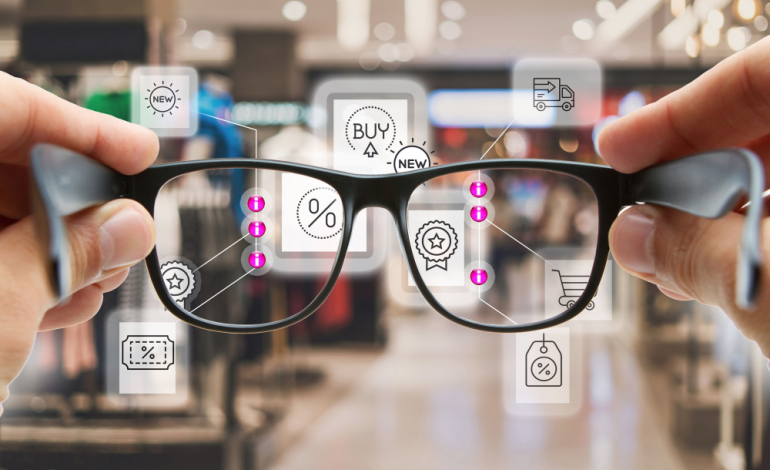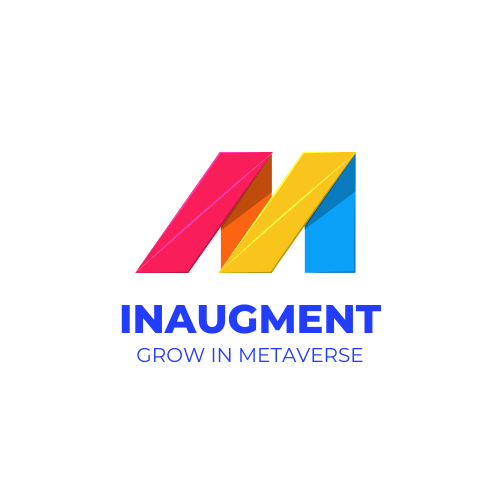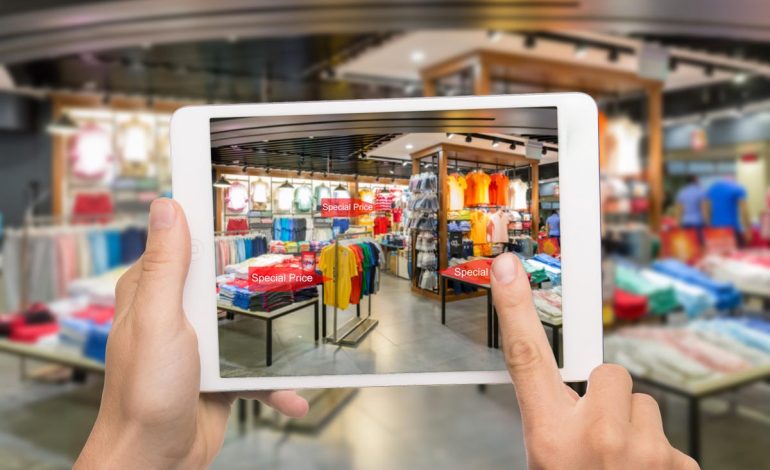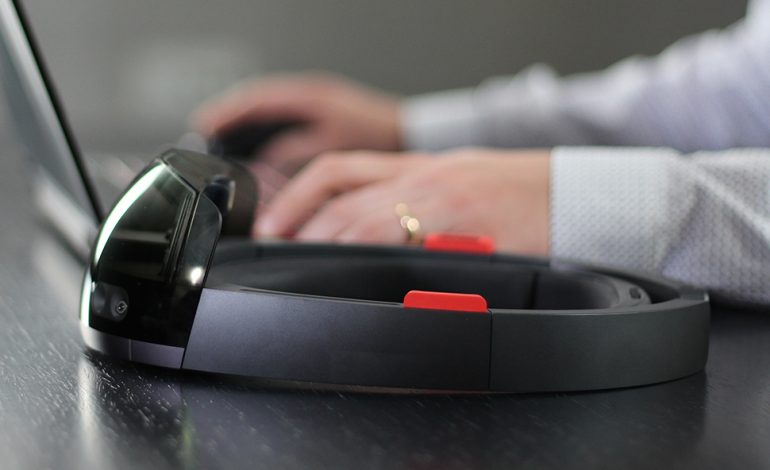Google Glass and Augmented Reality.

I predict that Google, once it deems it safe to do so, will begin to amalgamate various projects that it is currently involved in. For now, the aptly named ‘Google Now’ delivers an efficient personal assistant, who very quickly learns your interests, movements and appears to service them effortlessly. Whilst ‘Google Goggle’ provides pixel recognition of images scanned, cross referencing this with information available to the search engine. All of these services seamlessly integrate and provide the wearer of Google Glass with that long-absent invisible friend, who has now become an ever efficient personal assistant, providing the wearer with bilingual skills, a photographic memory, and instant access to the World Wide Web.
All of a sudden the services of the invisible (well almost invisible) friend have become indispensable, and indeed, following prolonged use of the current initial explorer phase of Glass wearers have become dependent on even the limited services that they currently provide.
Although it is true to say that Glass does not provide augmented reality in its true sense (i.e. augmenting, or adding, content to your real surroundings). They are intricately linked. Like Glass, augmented reality is still in its infantile state, in the most part currently providing gimmicks to the advertising industry, but all of this is about to change. In the field of surgery, augmentation can pinpoint, for example, the exact location of veins, whilst relaying information of vital statistics of the patient displayed within the surgeons’ field of vision. Together with the ability to film the operation at close quarters directly from the surgeons perspective, this will make augmented reality development into Glass an essential tool, particularly in training hospitals. I suspect that the use of augmenting technology will become standard practice in our operating theatres in the not-too-distant future.
Glass will also become indispensable in the workplace for numerous other professions anywhere in fact where the access to instant information whilst away from the office will facilitate productivity. Take the policeman posted to Times Square as an example. Equipped with Google Glass, he or she is now able to translate in any language, directing foreign tourists who may approach to enquire directions or theatre opening times, the answers to which will all be instantly available to the officer on a visual display. Combined with facial recognition capabilities and automatic number plate reader technology, all of a sudden the police officer in Times Square becomes RoboCop, with access to live feeds from closed-circuit television cameras and, at the same time, relaying a live visual feed to control room staff. It is true that Google has currently banned the use of facial recognition software with Glass; however, it is only a matter of time before law enforcement agencies make use of this technology.
You may begin to realize why Glass will become indispensable in certain professions, but the question you may ask yourself is will the general public need to avail themselves of such technology? The simple answer is that following the initial negative publicity, the public will not need to purchase a pair of Google Glass for themselves, but they will want to and as we have seen with the introduction of smartphones even the unemployed youth of limited means will ensure that they have the latest technology even if nothing more than as a status symbol.
With the introduction of Google Glass, and similar rival adaptations, the ability of the wearer to augment their vision will herald augmented information on almost everything. I explained this to a friend recently whilst sitting in a restaurant enjoying a particularly fine wine. Imagine the benefit of scanning the wine bottles label and not only being provided with instant information of the origin of the grapes etc, but more importantly, being presented with a ‘buy button’. The ease of purchasing goods by simply scanning either the product itself, or an advertisement, will herald a new era of consumerism with ease of access being the name of the game. The current gimmicks used in augmented reality will soon fall to the wayside with the pragmatic scanning, and ease of purchase, presented by a simple ‘buy now option’. This facility will be available in a limited format on the early phase of Glass and is a concept that will make manufacturers sit-up and take note.
It is clear that technology will work as an invisible friend, presenting information at the consumer’s request and providing services that the wearer will become to rely upon from an ever efficient personal assistant. Technology will become interwoven as the wearer of Glass uses technology in almost every aspect of their day-to-day lives. Will this turn mankind into a new generation of Borg? Will Skynet one day seize control? For that – ladies and gentlemen – we will have to wait and see…






1 Comment
[…] tomorrow the best eggs will all be gone leaving me with slim pickings. I’m also pretty sure that augmented reality glasses are some years off, I expect someone will have a go at mass marketing them in the next 5 years but […]
Comments are closed.